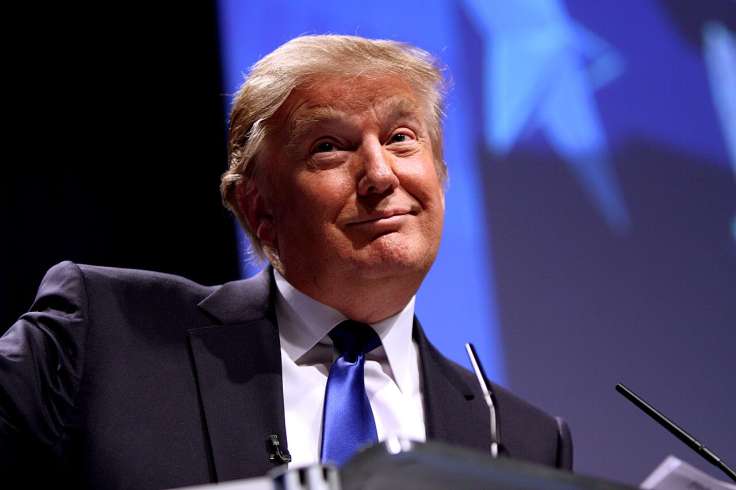Trump Proposes Granting Green Cards to Foreign Graduates of US Colleges, Marking Shift in Immigration Stance
ByFormer United States President Donald Trump has taken an unexpected turn from his previously stringent immigration stance by proposing to automatically grant green cards to foreign graduates of U.S. colleges.
In a recent podcast interview with Silicon Valley tech investors, Trump discussed the importance of retaining talent within the U.S. and emphasized the potential benefits of this new policy. This proposal, while aimed at bolstering the American workforce, raises several questions and has elicited mixed reactions from various quarters.

A Shift in Immigration Policy
In the All-In Podcast with hosts Chamath Palihapitiya, Jason Calacanis, David Sacks, and David Friedberg, Trump lamented the departure of graduates from top U.S. universities. He proposed that graduates should receive a green card along with their diploma to remain in the country, extending this offer to junior colleges as well. This proposal marks a significant shift from Trump's earlier hardline immigration policies, which included reducing the number of green cards and immigrant visas during his tenure, primarily due to the COVID-19 pandemic restrictions.
Trump's new stance is driven by the belief that retaining foreign graduates will foster innovation and economic growth within the U.S. He highlighted instances where talented graduates had to leave the country due to visa constraints, only to establish successful businesses abroad. By offering green cards as part of their diploma, Trump aims to keep these bright minds within the U.S., contributing to the economy and creating jobs.
Reactions and Implications
The proposal has sparked a range of reactions. Mark Krikorian, executive director of the Center for Immigration Studies, called it a "cockamamie proposal," expressing concerns about the potential for exploitation and an influx of foreign graduates competing with American workers. "If this proposal were adopted, you would see an explosion of quickie, one-year master's programs around the country as a way of selling green cards to foreigners," Krikorian said.
On the other hand, Trump's campaign spokesperson, Karoline Leavitt, assured that the policy would involve an "aggressive vetting process" to ensure only the most skilled and thoroughly vetted graduates are granted green cards. This, she claimed, would not undercut American wages or jobs but rather attract top talent to drive innovation and growth.
The proposal could significantly impact the U.S. higher education system, which already attracts over a million foreign students annually. Institutions might see an increase in applications from international students seeking a pathway to permanent residency, thereby boosting their revenue. However, it could also intensify competition for American students in an already tough job market.
Balancing Innovation and National Interests
Trump's proposal aims to strike a balance between fostering innovation and addressing national interests. While his stance on illegal immigration remains stringent, with promises of mass deportations and strict border controls, the green card proposal for foreign graduates represents a more nuanced approach to legal immigration.
By retaining foreign graduates, the U.S. can potentially benefit from their skills and entrepreneurial spirit. However, the policy must be carefully crafted to prevent exploitation and ensure it serves the broader interests of the American workforce. This includes rigorous vetting processes and measures to avoid the proliferation of subpar educational programs designed solely to offer a shortcut to green cards.
Trump's suggestion could fundamentally alter the terrain of U.S. immigration policy, especially regarding legal immigration. It reflects a recognition of the importance of global talent in driving economic growth and innovation. As the debate continues, it remains to be seen how this policy will be received by the public and whether it will gain traction in the political arena.
Trump's green card proposal for foreign graduates is a bold move that departs from his previous hardline immigration rhetoric. It underscores the need to balance innovation with national interests and highlights the complex nature of immigration policy in the U.S. As this proposal unfolds, it will be crucial to address the concerns of all stakeholders to ensure it achieves its intended goals without unintended negative consequences.
© 2025 University Herald, All rights reserved. Do not reproduce without permission.








